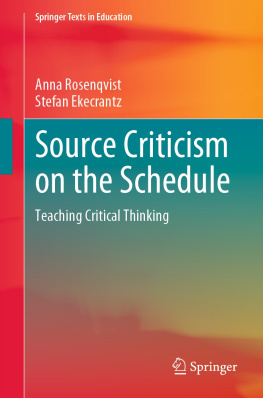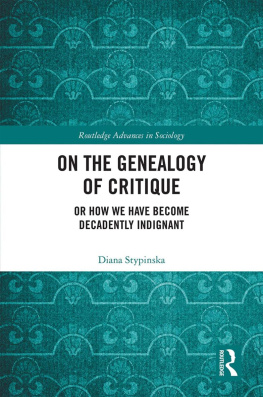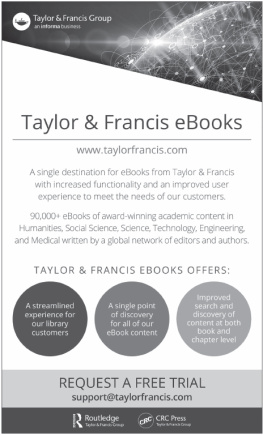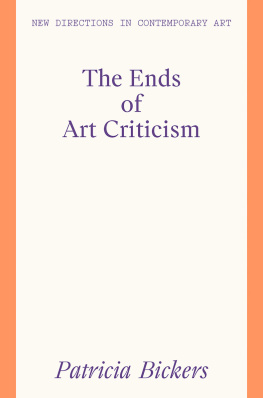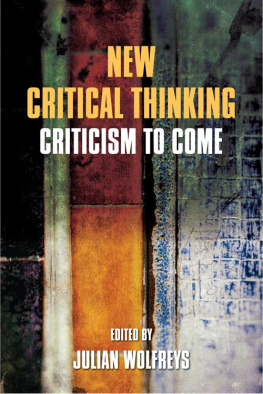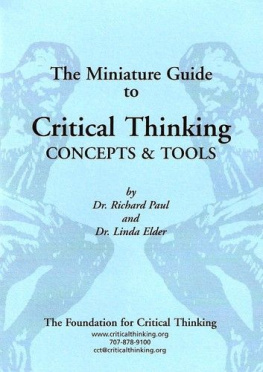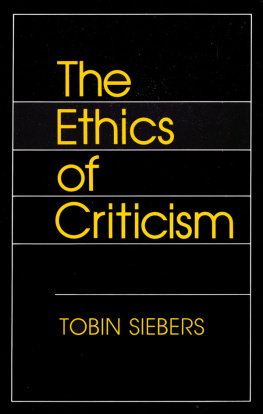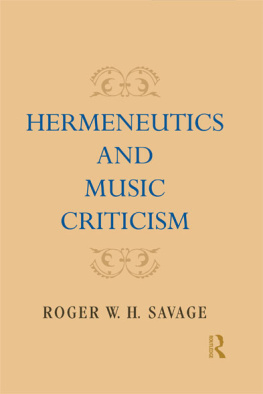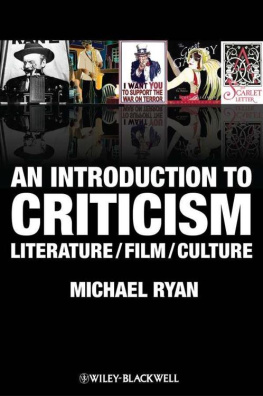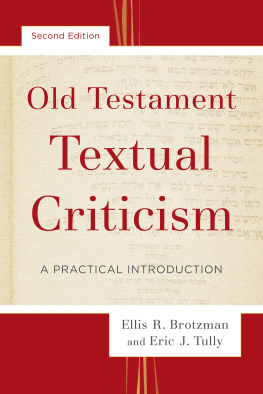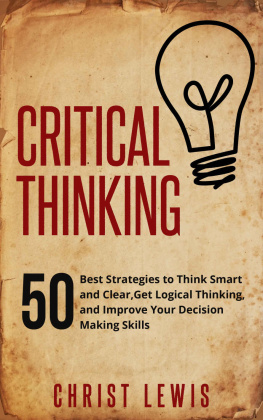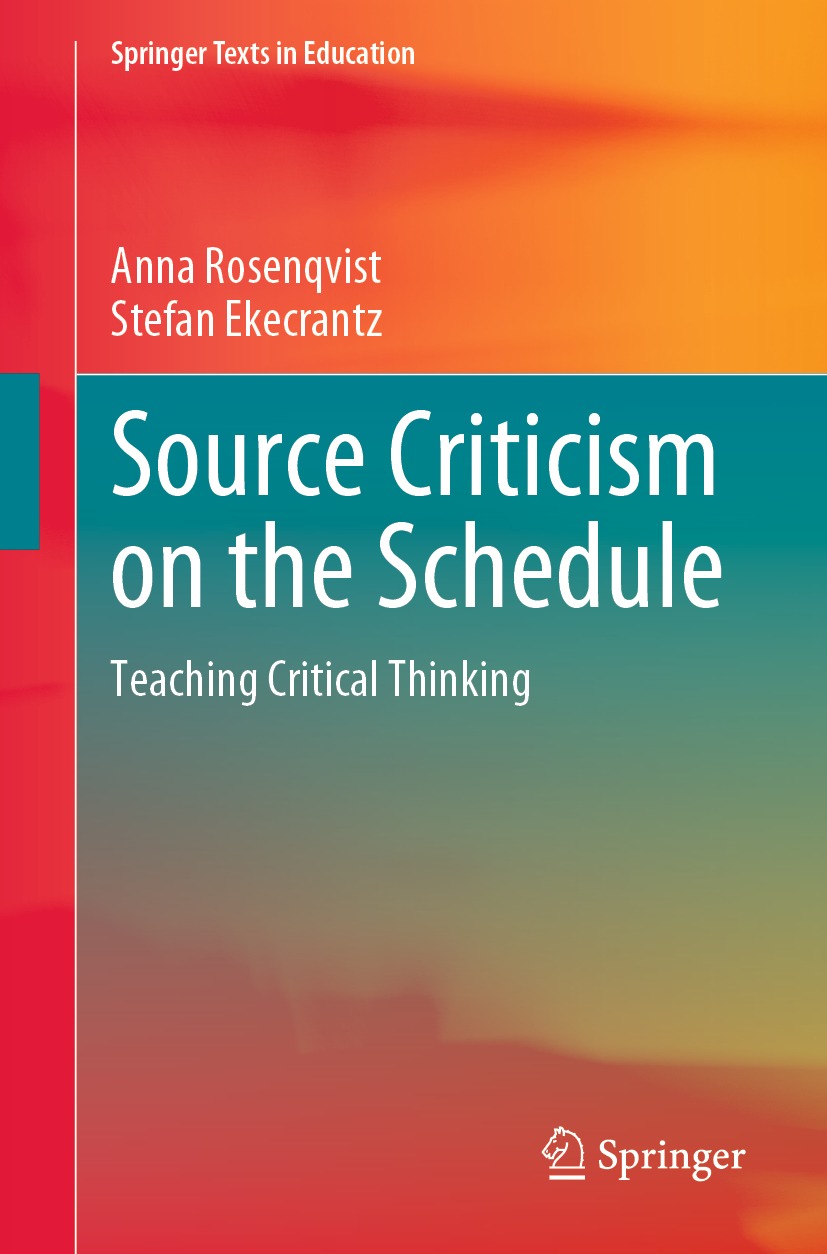Anna Rosenqvist - Source Criticism on the Schedule: Teaching Critical Thinking
Here you can read online Anna Rosenqvist - Source Criticism on the Schedule: Teaching Critical Thinking full text of the book (entire story) in english for free. Download pdf and epub, get meaning, cover and reviews about this ebook. year: 2023, publisher: Springer, genre: Politics. Description of the work, (preface) as well as reviews are available. Best literature library LitArk.com created for fans of good reading and offers a wide selection of genres:
Romance novel
Science fiction
Adventure
Detective
Science
History
Home and family
Prose
Art
Politics
Computer
Non-fiction
Religion
Business
Children
Humor
Choose a favorite category and find really read worthwhile books. Enjoy immersion in the world of imagination, feel the emotions of the characters or learn something new for yourself, make an fascinating discovery.
- Book:Source Criticism on the Schedule: Teaching Critical Thinking
- Author:
- Publisher:Springer
- Genre:
- Year:2023
- Rating:5 / 5
- Favourites:Add to favourites
- Your mark:
Source Criticism on the Schedule: Teaching Critical Thinking: summary, description and annotation
We offer to read an annotation, description, summary or preface (depends on what the author of the book "Source Criticism on the Schedule: Teaching Critical Thinking" wrote himself). If you haven't found the necessary information about the book — write in the comments, we will try to find it.
This textbook is a practical and theoretical teacher guide on how to develop critical thinking and source criticism in contemporary elementary and secondary education, which requires students to develop their critical thinking from different perspectives as well as to develop their ability to critically evaluate sources they use for school-related work. What can a teacher do to support such development? The authors discuss several different perspectives on how one, as a teacher, can think about and work with source criticism together with the students. In the first part of the book a theoretical background and a principled discussion of critical thinking are discussed. This includes psychological and philosophical perspectives on source criticism. In the second part there are concrete teaching examples and tips on how to work with source criticism in both primary and secondary school.
Anna Rosenqvist: author's other books
Who wrote Source Criticism on the Schedule: Teaching Critical Thinking? Find out the surname, the name of the author of the book and a list of all author's works by series.

